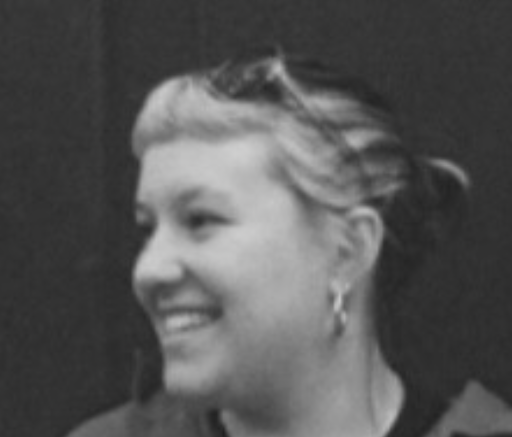Gender Roles & Food Production
Women in food production
- Women are more at risk of food insecurity as a result of gender disparities in the division of labour, decision making and resource access within agriculture

Inequality in food security
- If men and women had equality in food production, productivity would be higher:
- Supporting food security
- Reducing poverty and growing the economy
- Supporting the move to sustainable agriculture
- With higher incomes from food production, women could spend more money on education and healthcare
- This would boost development levels
Division of labour
- The division of labour can impact food production
- Typically in the developing world:
- Men take the lead in large-scale commercial agriculture
- They will undertake the physical tasks within agriculture:
- Ploughing
- Transporting food
- Women tend to take a more subsistence role:
- Weeding, planting or looking after animals
- Marketing
- Food preparation
- This division of labour can impact productivity and economic growth
- Women miss out on economic growth opportunities and making profit within this sector
- Productivity within food production may not increase, as women undertake these smaller-scale activities
- Education is vital for improving food production and reducing food insecurity and malnutrition
- Men have higher education rates
- Many girls still do not have equal access to schooling
Decision-making
- Within the agricultural industry, men tend to make more of the decisions e.g. the types of crops, distribution and finances
- Women typically don’t contribute to decision-making
- Particularly in the developing world, this is a major cultural barrier
- Female empowerment in decision-making is vital to improving income
Resource Access
- Women have less access to large-scale agriculture, credit, funding and land tenure
- Men typically have better access to agricultural resources
- These resources support agricultural production
- Women struggle to find or afford tools and technology
- Lower incomes or lack of funding mean women cannot afford to buy high-quality seeds, pesticides, fertilisers or other vital resources to boost productivity
- Land is often passed down to men generationally
- Less land means lower yields
- Women are less likely to put effort into land that isn’t theirs
- Women struggle to access markets, reducing their incomes
- In some countries, governments may limit women’s access to resources
- Women also use their time for other activities like collecting freshwater or caring for family
- This means women may struggle to be productive in the agricultural sector
Closing the gender gap
- Many strategies are being put in place to combat these issues
- Several projects work to support women in agriculture:
- PepsiCo and CARE in Uganda
- Providing education and technology to female farmers to help grow sustainable crops
- ‘Closing the Crop Gap’ is an awareness campaign, where women speak their experiences to the world
- PepsiCo and CARE in Uganda
- The World Bank
-
- Women in agriculture are now at the forefront of their goals
- Supporting women in accessing land and incomes
-
- Feed the Future (US government’s food initiative)
-
- Provided 2.4 million women with skills in agriculture
- Helped 420,000 women access financial support
-

